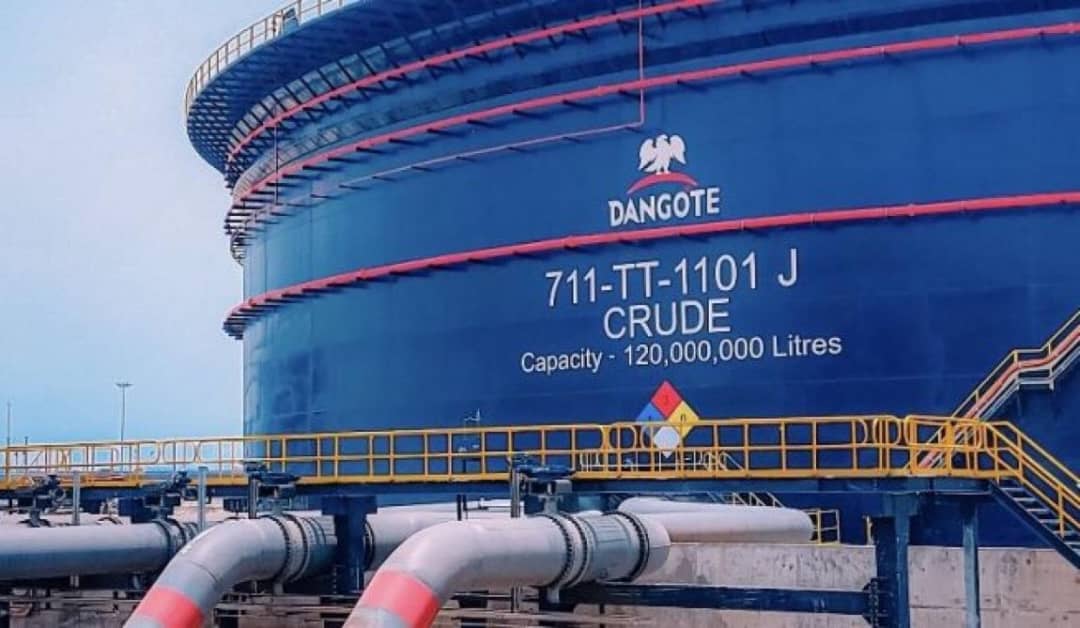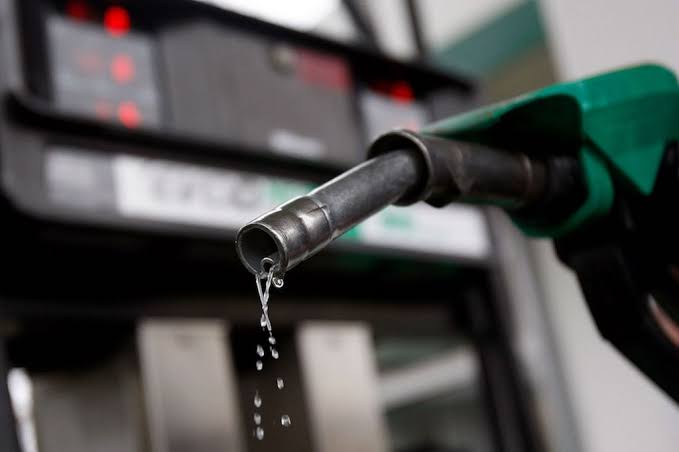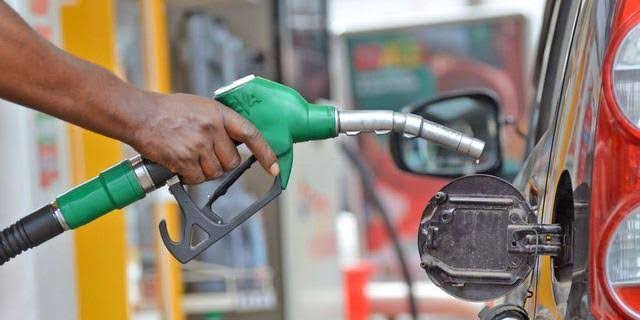More European refiners are facing increasing pressure from Nigeria’s Dangote refinery as it ramps up production and curtails gasoline exports from Europe to West Africa, a development that could force closures of vulnerable refining plants across the continent.
Since it began production in September 2024, Africa’s largest refinery, the 650,000 barrels per day (bpd) Dangote facility located near Lagos has steadily increased its output, significantly reducing West Africa’s reliance on imported petrol.
Industry data seen by BusinessDay showed European gasoline exports to the region have dropped sharply, with volumes to West Africa from Europe falling to 285,000 bpd in the January–July 2025 period, a one-thirds reduction compared to the same period last year.
According to industry data, the Dangote refinery received a record 595,000 bpd of crude in July alone, highlighting the speed with which the plant is scaling up to full operational capacity.
This development has had a direct impact on European refiners, particularly those with a production bias toward gasoline.
Argus Media, an independent energy and commodity price benchmarks provider, said Nigeria, which previously accounted for one in every five barrels of gasoline sold by European refiners, now takes just one in 10.
“European refiners with a gasoline-heavy output have been hardest hit,” said one industry analyst. “With Nigerian demand waning and inventories rising in Europe, margins are being squeezed to unprofitable levels.”
According to Argus Media, gasoline stocks in the Rotterdam region, Europe’s key refining and trading hub, have risen by nine percent year-on-year.
Argus Media also showed a simultaneous surge in diesel demand, driven by robust industrial and freight activity, which has encouraged refiners to prioritise diesel yields over petrol.
This structural oversupply is now triggering fears of permanent refinery closures.
Industry watchers remain divided over which facilities might be most at risk, but the recent insolvency of the UK’s Lindsey refinery provides a cautionary example.
Owned by US firm Prax, Lindsey was producing 50,000 bpd of gasoline before its closure in July 2025. A failed attempt to sell the refinery further underscored the severity of the situation.
According to Valero, another US refiner, the shortfall from Lindsey will be covered by moving petrol production to its Pembroke refinery in Wales, which has more flexible capabilities. But for many other European refiners, that kind of adaptation may not be an option.
Analysts warn that if an additional 600,000 bpd of refining capacity is not shuttered or diverted to alternative products, the petrol glut could worsen. West Africa, historically a key export market, is becoming self-sufficient, and European refiners are now competing for limited demand in other markets.
Read also: Dangote Refinery cuts petrol price to N820/litre, readies CNG trucks for August 15
“The loss of Nigeria as a reliable gasoline outlet is a significant structural blow,” said an Oxford Energy economist. “Refiners must now rethink their business models and product slates or risk going under.”
This threat is particularly acute for older and less complex refineries that rely on stable petrol exports to remain profitable. Unlike newer, integrated refineries like Dangote, which can flexibly shift between products based on market dynamics, many European plants are locked into fixed production modes.
Even among European refineries that have survived the past decade’s margin pressures, including from the rise of US shale and Middle East megaprojects, the current environment may prove too challenging. According to Argus, European refining capacity has already fallen below 100,000 bpd in some regions, and more reductions are likely if the gasoline market doesn’t rebalance.
Valero’s Lindsey refinery is not expected to be the last casualty. Market sources suggest that other facilities in the UK and the Mediterranean region are also struggling to find buyers, with investment interest sharply down due to declining returns.
Meanwhile, the Dangote refinery continues to benefit from strong domestic demand in Nigeria and a strategic government push to reduce fuel imports. By taking crude supplies from Nigerian production fields and refining them domestically, the facility not only reduces the country’s import bill but also provides a significant buffer against global supply volatility.
Backed by years of planning and billions of dollars in investment, the refinery has become a game-changer not only for Nigeria but for the entire Atlantic Basin. With the ability to process a wide range of crude grades and produce various fuels, including petrol, diesel, and aviation fuel, Dangote is reshaping the regional fuel trade landscape.
While some European refiners may find limited relief by shifting exports to Latin America or Asia, these markets are also becoming more competitive. As a result, industry observers say the only long-term solution may be a coordinated reduction in gasoline production capacity across Europe.
“This is not a short-term trend,” said one refining consultant. “Dangote has redrawn the map, and European players must adapt—or risk being left behind.”
Source: BusinessDay
WARNING: If You Are Not 18+, Don’t Click The Link Below 👇🫣
https://facultativethus.com/kx6iepv2qm?key=6c14bd1d68e1eba721851f19778f5efe
Please don’t forget to “Allow the notification” so you will be the first to get our gist when we publish it.
Drop your comment in the section below, and don’t forget to share the post.
Never Miss A Single News Or Gist, Kindly Join Us On WhatsApp Channel:
https://whatsapp.com/channel/0029Vad8g81Eawdsio6INn3B
Telegram Channel:
https://t.me/gistsmateNG





